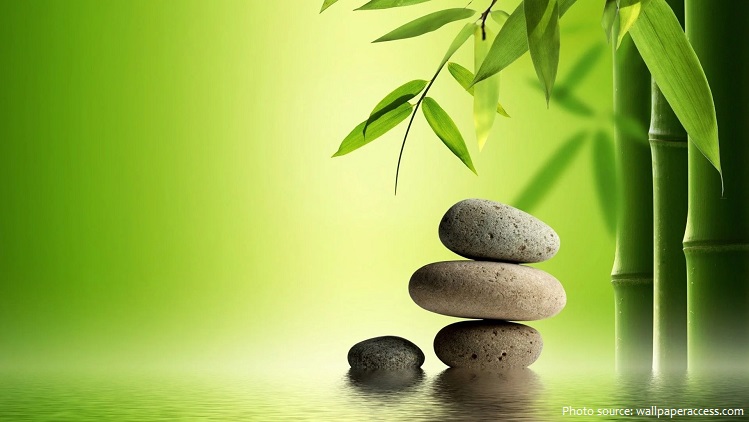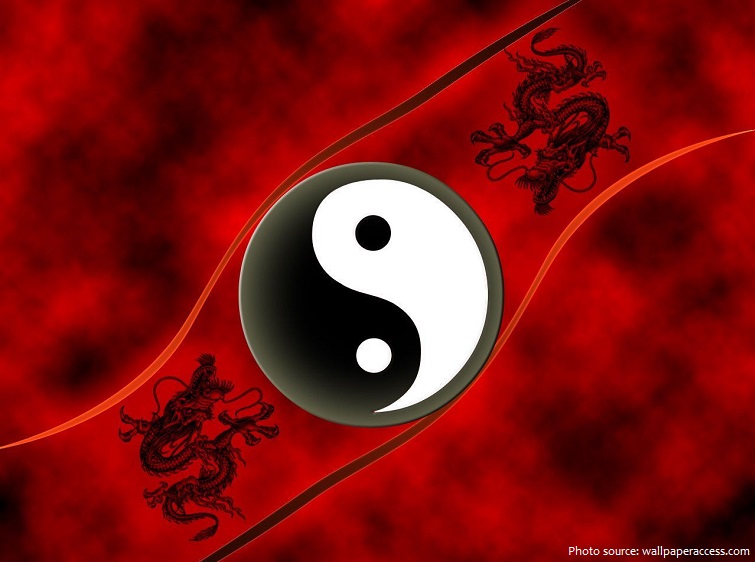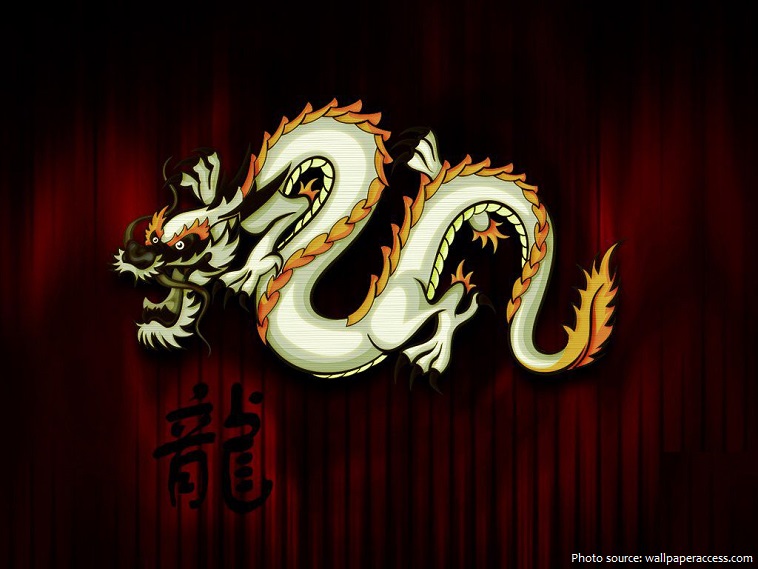
Feng Shui is an ancient Chinese art of arranging buildings, objects, and space in an environment to achieve harmony and balance in a way that will bring peace and prosperity.
It translates as wind-water and is an ancient Chinese discipline whose philosophy can be traced back several thousands of years.
From ancient times, landscapes and bodies of water were thought to direct the flow of the universal Qi – “cosmic current” or energy – through places and structures. Because Qi has the same patterns as wind and water, a specialist who understands them can affect these flows to improve wealth, happiness, long life, and family – on the other hand, the wrong flow of Qi brings bad results. More broadly, feng shui includes astronomical, astrological, architectural, cosmological, geographical, and topographical dimensions.

It has connections to many beliefs, including Taoism, Confucianism, Buddhism, Shinto, and Vashtu Shastri.
The principles of Feng Shui are based on precepts laid down thousands of years ago in the Chinese classics, particularly the Li Shu, or Book of Rites, a sacred book that enshrines the basic tenets of Chinese religious belief. It is concerned with order, the harmony of heaven and earth, and with the ways in which humanity can best keep the balance of nature intact.
The years of the Tang Dynasty (618 to 906 AD) saw the existing principles of feng shui come together in the Form School, also known as the Landscape School. The purpose of this basic classical form of feng shui was to locate places in the landscape that had auspicious chi to keep the people protected.

For centuries, the Chinese believed that there were invisible forces at work all around us. Later, they understood that these invisible forces corresponded with the magnetic forces of the Earth – this realization led to one of the greatest inventions in human history: the magnetic compass, or 罗盘 (luópán), also called the “feng shui compass.”
In the 19th century AD, Yang Yun-sung compiled the first manual of Feng Shui, systematically describing the characteristics of scenic formations. This book became the standard text of the Form School of Feng Shui.
After Richard Nixon’s visit to the People’s Republic of China in 1972, feng shui became popular in the United States. Critics, however, warn that attempts to prove its power scientifically have shown that it is a pseudo-science. Others charge that it has been reinvented and commercialized by New Age entrepreneurs or are concerned that much of the traditional theory has been lost in translation, not paid proper consideration, frowned upon, or even scorned.

Since the founding of the People’s Republic of China in 1949, feng shui has been officially deemed a “feudalistic superstitious practice” and a “social evil” according to the state’s atheistic Communist ideology, and has been discouraged or even sometimes banned outright.
Feng shui was and still is used to determine the ideal location of buildings and other sites, such as gardens, as well as their layout. Those planning a construction project should first take into consideration the location of the land, the area surrounding it and the direction that each proposed structure and its windows face.
Yang energy, which is traditionally associated with males, is said to be active and light, while Yin, or “female,” energy is said to be dark and passive. Together, Yin and Yang represent the duality of opposite
forces that make up everything in the universe. Feng shui principles represent a blueprint that, if followed, can help balance and create harmony between these vital energies.

Feng shui has been identified as both non-scientific and pseudoscientific by scientists and philosophers, and has been described as a paradigmatic example of pseudoscience. It exhibits a number of classic pseudoscientific aspects, such as making claims about the functioning of the world which are not amenable to testing with the scientific method. Some users of feng shui may be trying to gain a sense of security or control. Their motivation is similar to the reasons that some people consult fortune-tellers.
There are many ‘masters’ of the different feng shui schools. However, some maintain that authentic masters impart their genuine knowledge of feng shui only to a few selected students.
Today, the ancient concept of Feng Shui continues to enjoy widespread popularity, both within China and in many other countries around the world.